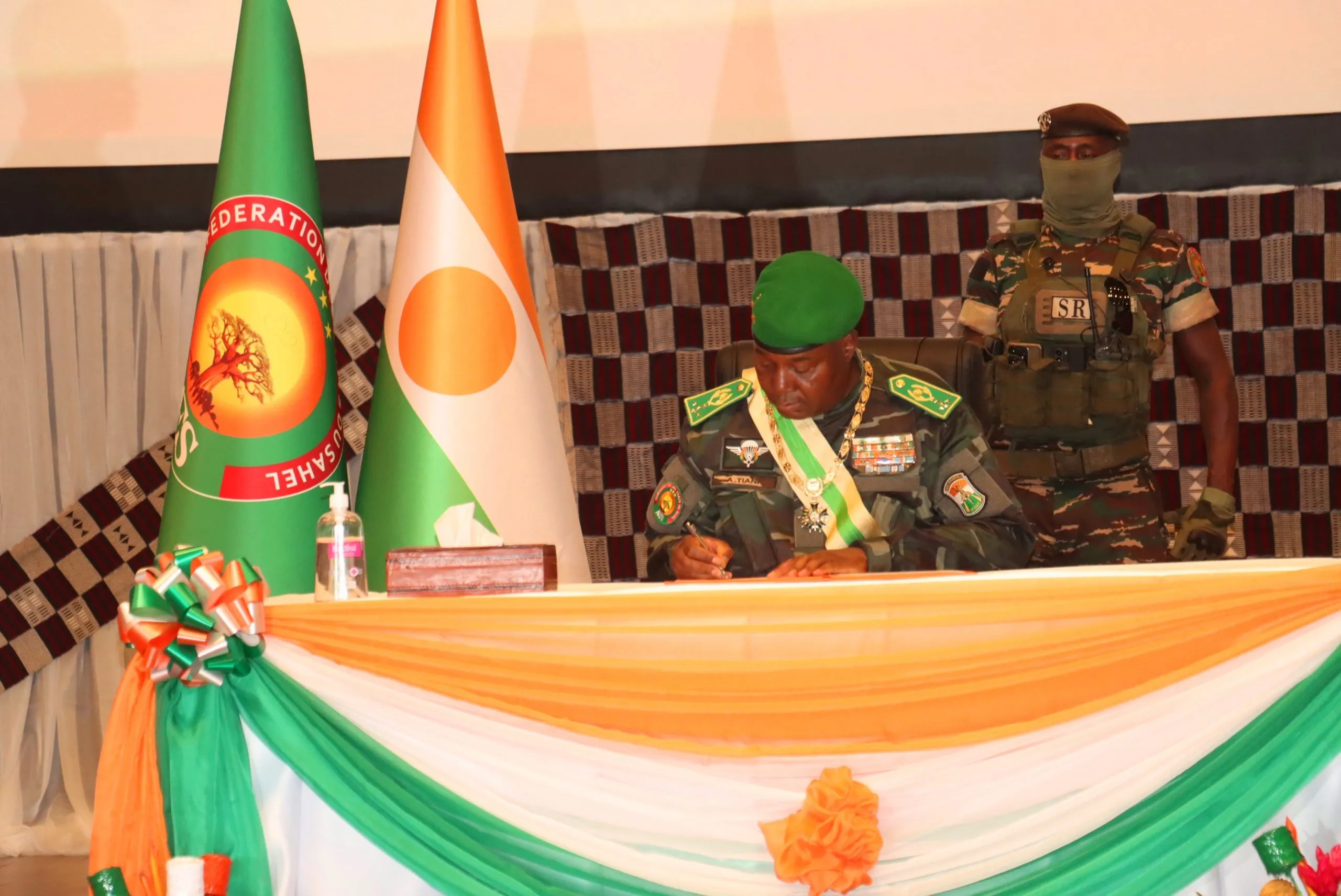
Niger is poised to take a decisive step in its political transition as President General Abdourahamane Tiani officially scheduled the first session of the Consultative Council for Refoundation (CCR) for Saturday, June 28, 2025.
The announcement came through a presidential decree signed on Monday, June 23, and published by the General Secretariat of the Government.
The CCR, a pivotal institution created under the ordinance of April 18, emerges as a strategic advisory body mandated to guide the country’s ongoing efforts at institutional restructuring.
Its role is to provide informed recommendations to the National Council for the Safeguarding of the Homeland (CNSP) and the transitional government, focusing on core national priorities.
Structured around six key thematic commissions—peace and security, economic development, justice and human rights, health, education, and social affairs—the CCR aims to anchor policy deliberation in a participatory framework.
The council comprises nearly 200 appointed members drawn from a spectrum of Nigerien society, including traditional authorities, civil society figures, religious leaders, and academics.
The session’s launch follows months of groundwork, including the National Conference held in February, which first outlined the country’s “refoundation” vision.
This process seeks to redefine Niger’s political and institutional landscape amid a broader transition shaped by military rule and regional realignments.
Yet, despite its ambitious mandate, the council faces a degree of public skepticism.
Critics question whether an institution fully appointed by the government can genuinely embody the diverse expectations of Niger’s citizens—particularly in addressing deeply rooted concerns such as social justice, equitable governance, and economic inclusion.
As the June 28 session approaches, all eyes will be on the CCR’s ability to translate its broad mandate into actionable strategies that resonate with the population.
Its effectiveness in doing so may prove crucial to Niger’s path toward political stability and national unity.



